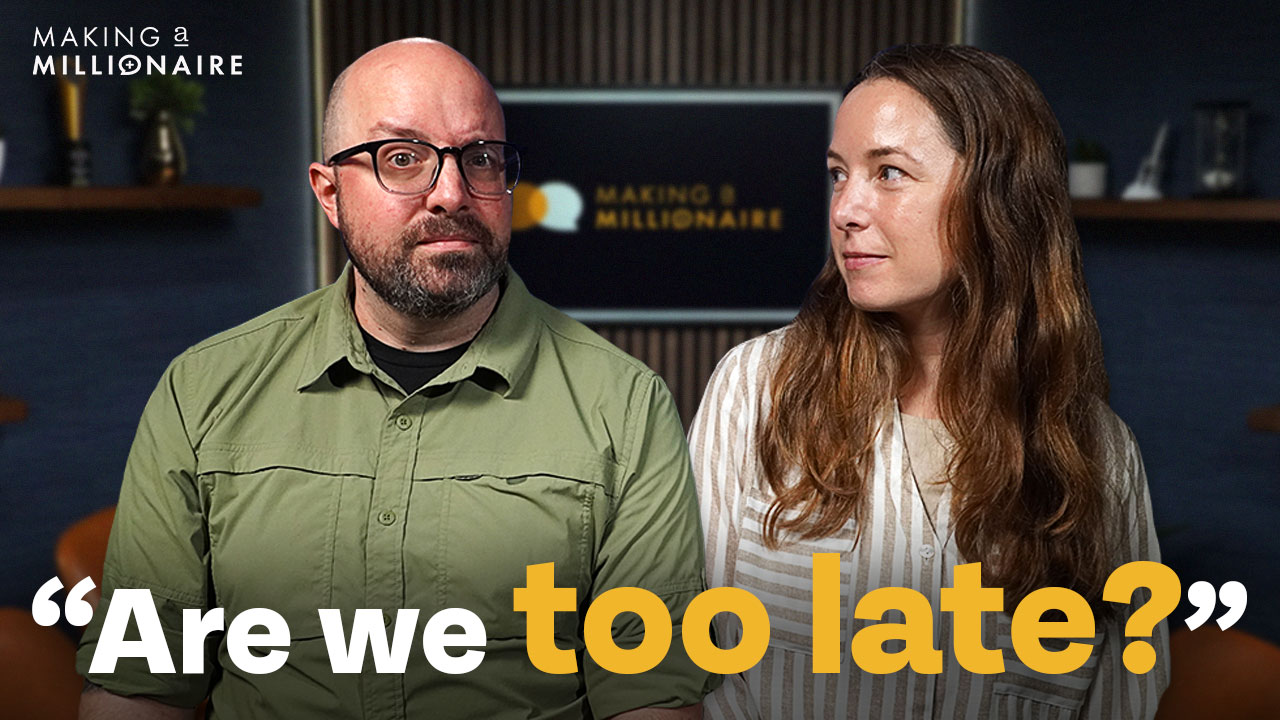We have a question from Kristen. With RMDs going away for 401k Roths, is there any difference between Roth IRA and 401K Roth contributions? Can I contribute only to 401K Roth if my 25% is covered within the 401K Roth? What do you think?
So, I want to remind you that the difference between Roth IRA and Roth 401k that you're talking about is something that did not manifest until you hit age 72. Now, it's changing to age 73. You didn't have to take required minimum distributions from your Roth 401K until you got there. So, what we most often saw is that someone would work for their entire career, they'd build up their assets inside their 401k, and then when they retire, they would roll them over into the pre-tax portion into a rollover IRA and the Roth portion to Roth IRA and then have to worry about the RMDs anyways. So, the change that took place really only affects folks that are much, much older because, in actuality, most folks probably enroll those assets over. So, the real question I think you're asking, Kristen, is what's the difference between a Roth IRA and a Roth 401k, and should I just do the Roth 401k instead?
I'm going to start with the first one, and I'll leave some meat on the bone for you. Here's the big difference I think that you ought to think about when it comes to the two. When you go out and open a Roth IRA, you get to choose a custodian, you get to choose the investments, you get to open up the entire investment universe, and you get to control what you do with that account and when it happens. With a Roth 401k, you're a little captive to your employer. So, you hope your employer picked a good custodian and there are good investment options and there's good maintenance and there are low fees and that sort of thing. Well, not all 401ks, even Roth 401ks, are treated equal. So, I would look at the cost of the two plans and make sure that the 401k you're participating in justifies based on the taxes, based on the cost, and the investments available foregoing the Roth IRAs. That's just one thing that I would look at.
Well, I thought it was interesting because you hit it once again. Number one was how good is your plan because I do think I love simplicity, and I was sitting here thinking about the
Financial Order of Operations. We know step five of the
Financial Order of Operations is all your tax-free growth opportunities, and for most people, that is going to be your Roth IRA, your health savings accounts. Those are the first stops when you get really excited about building that tax-free wealth opportunity.
But there is something here where I'm like, man, what if you analyze your plan, and it's with one of the big providers, low-cost providers like Fidelity Investments, Vanguard, Charles Schwab, or something like that, and you're like, "Wow, this is incredible that I have this chance to go ahead and set it on the front end because I already can't do, I can't get $20,500 in this plan this year, so maybe this isn't an easier step for me."
That leads to number two that I wrote down: How risky are you to being sued or creditors coming after you because retirement plans do have qualified retirement plans that your employer offers you? You do get some special protections, and we should pay respect to that.
The number three that I wrote down leads to this point: I like both, you know, because it is one of those things where I want you to be very aware when you're younger and starting out. If you go through some of that due diligence, I don't think it's a big deal whether you go and do your homework and open up that first IRA at Fidelity or Vanguard or Schwab yourself, or if you do that same due diligence on how good your plan is, and you figure out, 'Hey, this is just as good as if I did it all myself.' That I can just easily set it up with my employer, that's okay until you get to the point that you make enough money that you ought to do both because your income allows you, and your savings habits and your behavior allow you to actually maximize both opportunities. Don't forget that that's an option too. And I'm gonna throw in just three things to keep in mind. Roth IRAs have a contribution limit of $6,500. Roth 401ks, you can do $22,500. So you can save a lot more in the 401K than you can in the Roth IRA. I said last year's number, look at that, twenty-two thousand five hundred, it's getting to be some real money now, I love it. The other thing is, if your employer offers a match, you want to make sure that you're getting the match inside the 401K. So you would not want to just go straight to the Roth IRA without contributing the 401K so that you can maximize the employer match. You want to take that into account. And then the other thing, this is just a little side benefit that you should never use. If you put money in a Roth IRA, you can always get to your basis penalty-free and tax-free. So if you are saving inside of a Roth IRA and you're doing the $6,500, you can always get to that money easier if you're doing that inside of your Roth 401k. Unless your plan allows in-service distributions or loans or something like that, it's really hard to get to those dollars. So technically, the Roth IRA is a little bit more easy to access earlier on, although you should never do that. Those are just three things I would assess as I'm thinking through Roth IRA or Roth 401k. I like Brian's answer the best: do both of them because we think they are both awesome.
If you want to know how powerful your dollar bills are, check out our
Wealth Multiplier deliverable here.














